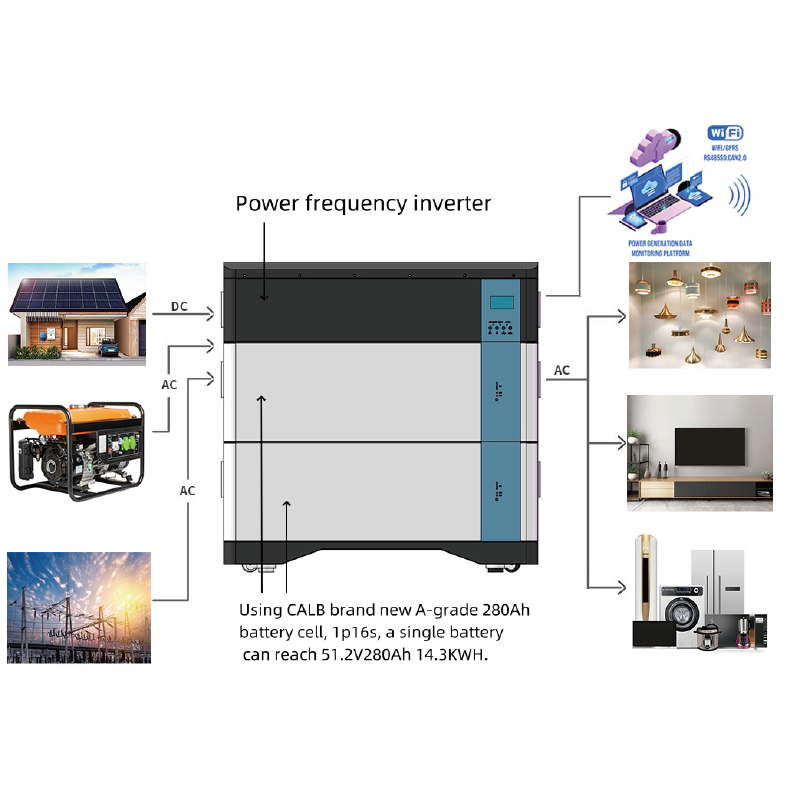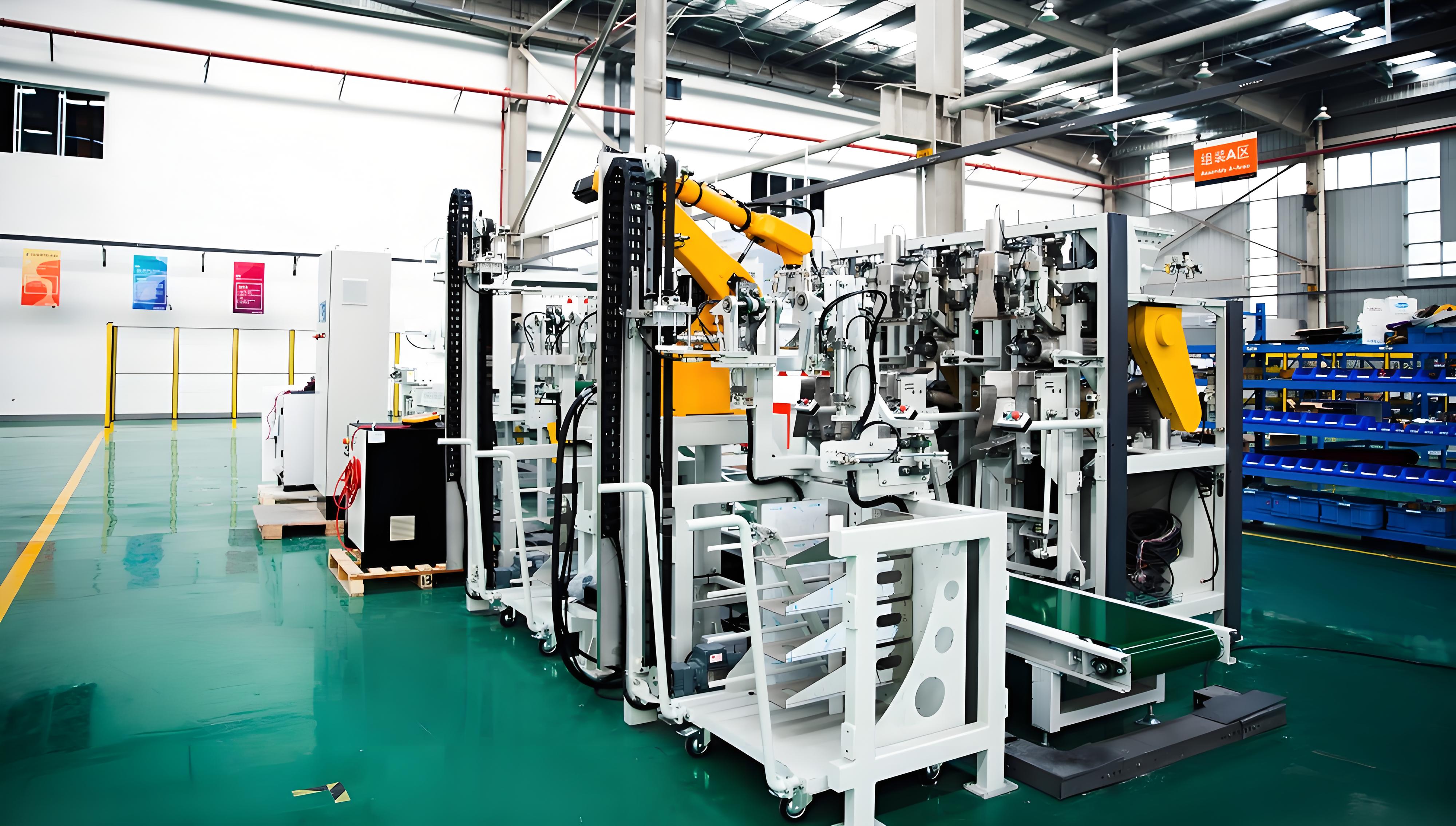Mechanical failures can be detrimental to industries, leading to costly repairs, downtime, and potential safety hazards. Understanding the underlying causes of these failures is crucial for preventing and mitigating their occurrence. In this blog post, we will delve into the multifaceted factors that contribute to mechanical failures, providing valuable insights for engineers, technicians, and industry professionals.
- Material Deficiencies:
One of the primary causes of mechanical failures lies in material deficiencies. Poor quality materials, improper selection, or inadequate testing can result in structural weaknesses, fatigue, and premature wear. Factors such as corrosion, brittleness, and inadequate heat treatment can compromise the integrity of mechanical components, leading to catastrophic failures. - Design Flaws:
Design flaws can significantly impact the reliability and performance of mechanical systems. Insufficient consideration of stress concentrations, improper sizing of components, and inadequate tolerance analysis can all contribute to failures. Additionally, inadequate consideration of environmental factors, such as temperature variations or vibration, can lead to unexpected failures over time. - Improper Maintenance and Lubrication:
Neglecting regular maintenance and lubrication practices can accelerate the deterioration of mechanical components. Insufficient lubrication can lead to increased friction, overheating, and accelerated wear. Similarly, improper maintenance practices, such as ignoring recommended inspection intervals or failing to address minor issues promptly, can exacerbate mechanical failures. - Operational Overload and Misuse:
Mechanical systems are often subjected to excessive loads or misapplication, leading to premature failures. Overloading equipment beyond its designed capacity can cause stress concentrations, deformation, and ultimately, catastrophic failures. Similarly, improper usage, such as operating equipment outside specified parameters or ignoring safety guidelines, can accelerate wear and tear, compromising the system's reliability. - Environmental Factors:
Environmental conditions can significantly impact the performance and longevity of mechanical systems. Exposure to extreme temperatures, humidity, corrosive substances, or abrasive particles can degrade materials, corrode surfaces, and compromise the functionality of mechanical components. Understanding and mitigating these environmental factors are essential for preventing failures in various industries.
Conclusion:
Mechanical failures can stem from a multitude of factors, ranging from material deficiencies and design flaws to improper maintenance practices and environmental conditions. By comprehensively analyzing these root causes, engineers and industry professionals can implement proactive measures to prevent failures, enhance system reliability, and optimize operational efficiency. Adhering to stringent quality control, conducting thorough inspections, and implementing robust maintenance practices are vital for minimizing the risk of mechanical failures and ensuring the longevity of mechanical systems.


